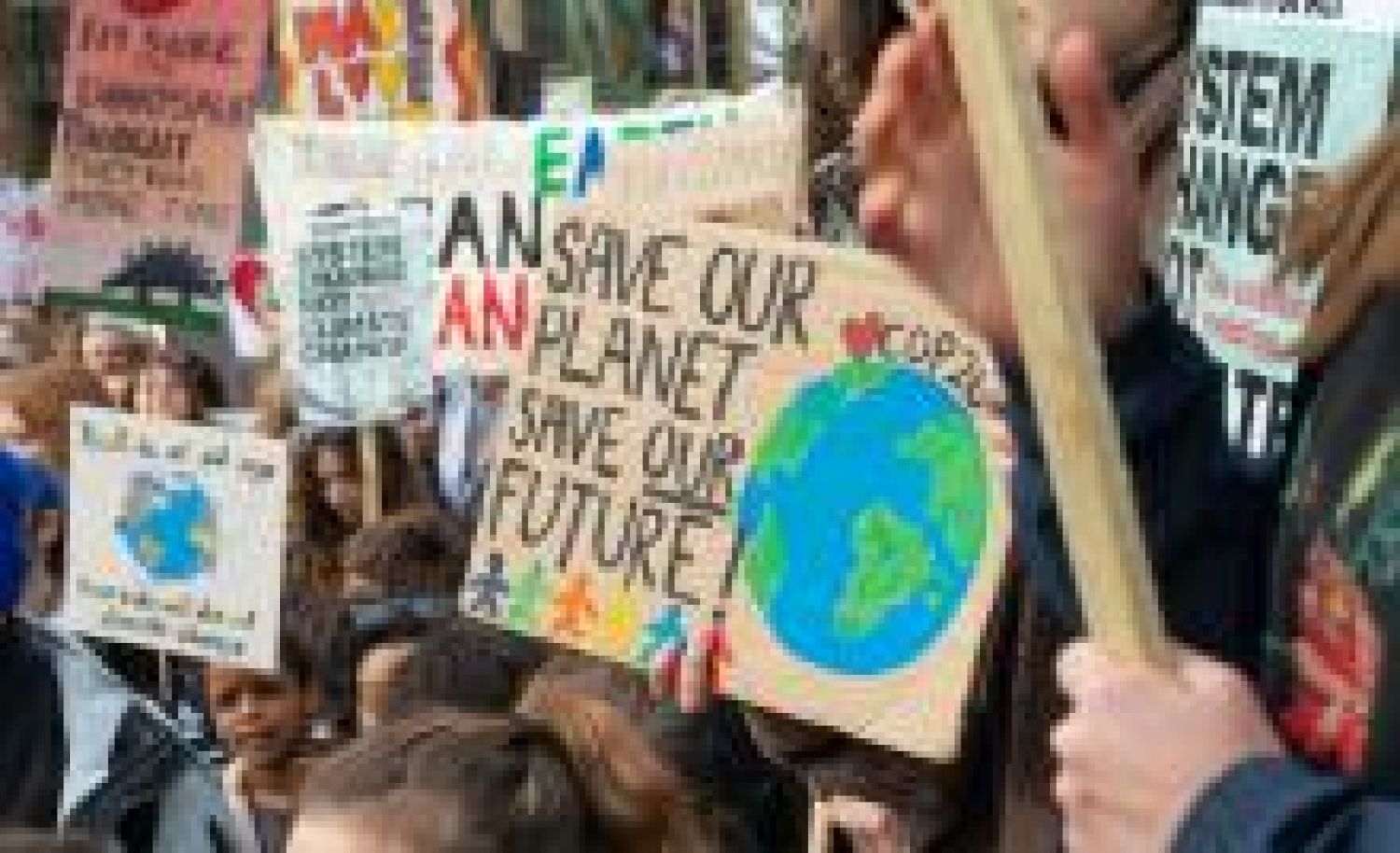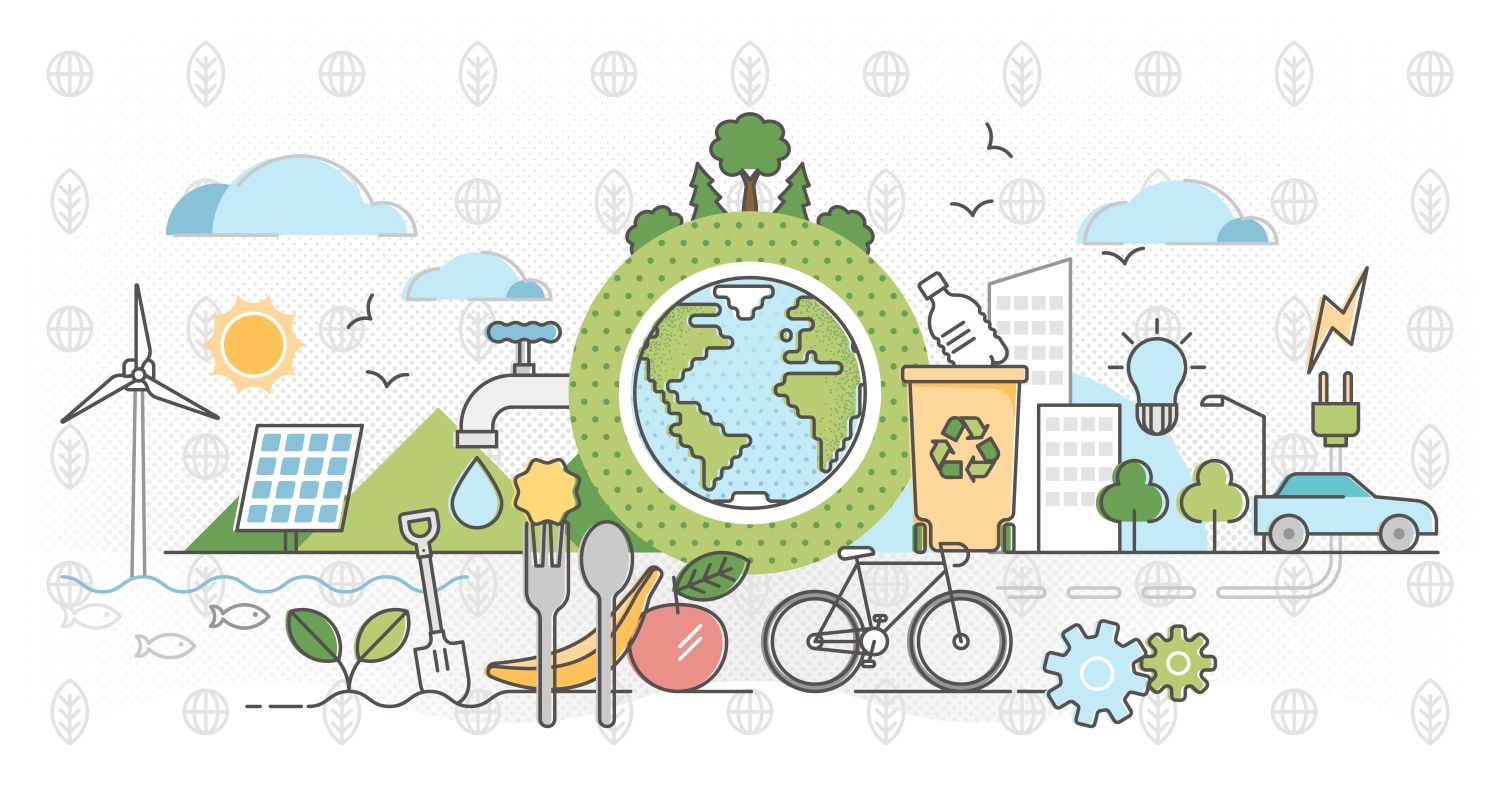
Solving the climate change challenge in the United States will require massive shifts in policies, technologies, and economic incentives. It also demands tens of millions of educated consumers, thousands of brilliant entrepreneurs, millions of skilled technicians, a multitude of insightful planners, engineers, architects, enlightened corporate and government executives, and educators. Engaging in the belief that new rules, regulations, and technologies can reverse climate change while ignoring the need for human understanding, skill, and preparation is to engage in magical thinking. Without ramping up our education and training programs nationwide, we will never get a firm enough grip on the climate problem.
Designing and funding a large-scale and equitable climate literacy and related career development effort will mean: a) increasing funds for designated climate education grants and professional development at some agencies and b) infusing climate principles and tools into existing large-scale education programs such as at the U.S. Department of Education and state education departments. We can attain billions of dollars in climate literacy funding and career and job development training by including climate in these existing educational efforts. And, because addressing climate change will be so transformational in American society in the coming decades, we need this infusion to occur very soon.
Why This Matters Now
- The next generation will be asked to live with worsening climate-related challenges – drought, flooding, fires, heat waves, regional economic instability, new diseases, and more – and will need the education and tools to address these problems effectively.
- People in lower-income areas and many frontline communities of color will be disproportionately affected by climate and experience profound and deadly environmental injustices.
- Addressing climate change can offer significant opportunities for new economic growth, jobs, careers, and future prosperity. Many of these initiatives will also help remedy economic and social injustices that have emerged through institutional racism and other social inequities.








